Burundi
Burundi’s ambassador to the United Nations, Albert Shingiro has called out the African Union Commission (AUC) for interfering in the country’s political affairs, after the latter issued a statement on an ‘untimely judicial initiative’ in the East African nation.
Burundi issued an international arrest warrant on Friday against its former president Pierre Buyoya, as well as 11 senior members of the security forces (army and gendarmerie).
Warrants were also issued to five of Buyoya’s former close civilian collaborators, all accused of allegedly playing a role in the 1993 assassination of Melchior Ndadaye, the country’s first democratically elected Hutu president.
‘‘We strongly urge some actors of the international community to refrain from infantilising Burundi by interfering in its political affairs without being invited,’‘ read part of Shingiro’s tweet to AUC’s head Moussa Faki Mahamat.
‘‘They must bear in mind that Burundi is a great country with a brave people, jealous of its dignity and sovereignty.’‘
What the AUC said
Following the botched East African Community Heads of State Summit, where the facilitator of the Inter-Burundian Dialogue was to present a report on his efforts, the AUC issued a statement on Saturday.
In its statement, the AUC called on the Burundian government to avoid any judicial measures that could undermine consensus building in the country.
“It is crucial that all relevant actors refrain from any measures, including political and/or judicial, that could complicate the search for a consensual solution in Burundi,’‘ AUC Chairman Moussa Faki Mahamat said in the statement.
An African diplomat who prefered to remain anonymous told AFP that the AU’s reaction meant that it would “not apply the warrants issued by the Burundian justice system”.
Background
Pierre Buyoya was president of Burundi between 1987 and 1993 and then from 1996 to 2003, and is currently representative of the African Union (AU) in Mali.
The murder of Melchior Ndadaye was the cause of a civil war (1993-2006) that killed more than 300,000 people and pitted the army, then dominated by the Tutsi minority (14% of the population), against Hutu rebel movements (85%).
Friday’s arrest warrants have caused tensions in Bujumbura, according to many witnesses and reactions on social networks.
Supporters of Nkurunziza’s government welcomed a “historic decision”, while his critics accuse him of double standards, arguing that no member of the former Hutu rebellion, now in power, was concerned about the many Tutsi massacres that followed the death of President Ndadaye.
President Buyoya is a Tutsi.
SUGGESTED READING: United Nations urges Burundi govt, opposition parties to end political crisis




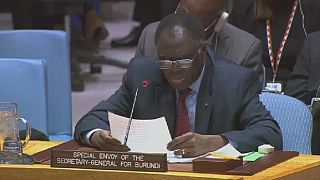
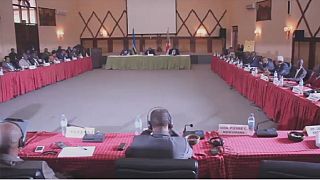
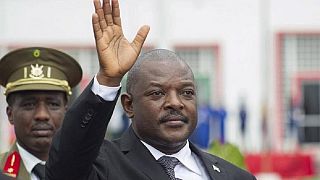
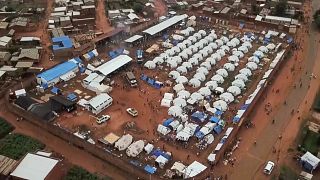

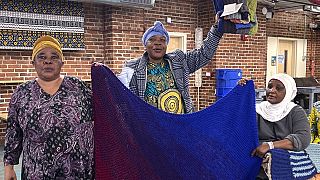
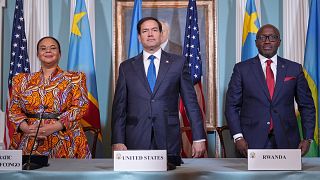
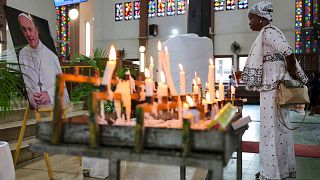

Go to video
US plans to reduce diplomatic presence could be part of wider change in US-Africa ties
Go to video
Iran seeks Russia's support for its nuclear talks with US
Go to video
French diplomats given 48-hour notice to leave Algeria
Go to video
Conflict in DRC: African Union names Togolese president Faure Gnassingbé as new mediator
Go to video
Israel's ambassador is ejected from an African Union event
Go to video
UN Secretary General warns of 'dire situation' in South Sudan